Feature
Driven by curiosity: The inimitable art of Christophe Rousset
Share this
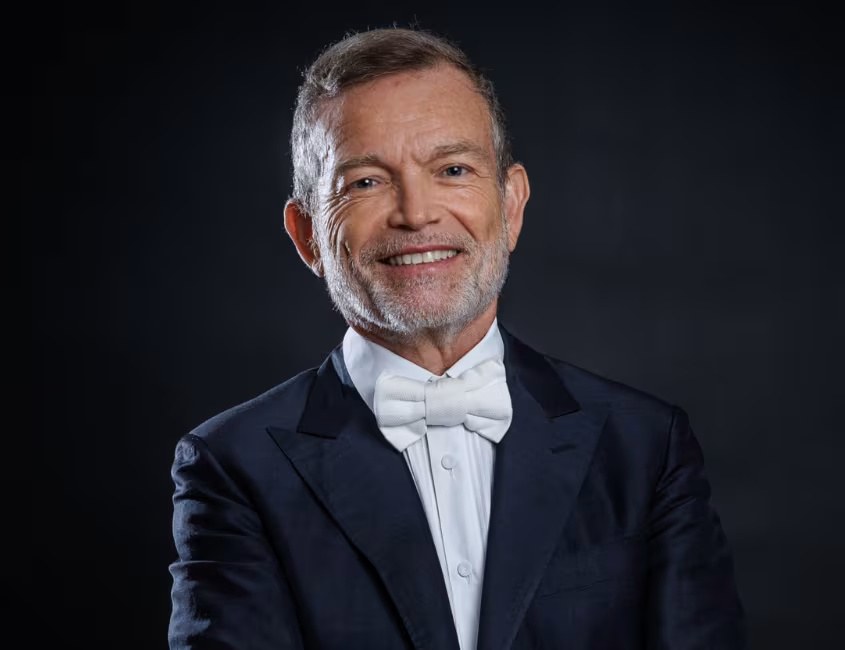
BY SIMON MUNDY | FIRST PUBLISHED 28 SEP 2025
French harpsichordist and conductor Christophe Rousset is a pioneering figure in Early Music, renowned for his insightful interpretations and relentless curiosity. As founder of Les Talens Lyriques, he has spent decades championing Baroque opera – most notably the complete works of Lully – bringing them vividly back to life. In this exclusive interview for Continuo Connect, Rousset speaks with our Writer-in-Residence Simon Mundy about his evolution from harpsichordist to conductor, his passion for Lully’s music, and reshaping the pre-1800 operatic repertoire.
There are very few people who can be said to be indispensable to Early Music in France, but Christophe Rousset is one of the small contingent. The ensemble he created over 30 years ago, Les Talens Lyriques, has become a byword for consistency and exciting, but never eccentric, performances. One would expect him, as an accomplished harpsichordist, to be at home in the Baroque chamber orchestra and leading an ensemble from the front in all manner of instrumental music. It is perhaps surprising that he has now become a first-rank choral conductor and France’s leading conductor of opera-on-record from the 17th to the early 19th centuries. He has an uncanny knack for discovering exceptionally gifted singers.

When I first met Rousset a few years ago, at a production in Strasbourg of Giovanni Legrenzi’s La divisione del mondo, which had not been performed since the 1670s, I found him a rather austere and intimidating figure. This was a misjudgement. Like many musicians, he is wary of the Press, and protective of his musical integrity. But once he relaxes, he has a wry and sharp sense of humour that prevents the austerity from becoming inward-looking. He enjoys the wilder reaches of Baroque comedy just as much as the investigation of tragedy.
Sitting with him several years later in his dressing room in a different opera house, Milan’s La Scala, last spring, he was relishing the sheer mayhem of Florian Gassmann's beautifully mistitled L'opera seria, as perceptive an attack on the backstage feuds of an opera house as any ever written. Rousset will be taking the production to Vienna’s Theater an der Wien in March 2026. He says, ‘L'opera seria has an excellent libretto, by Ranieri de’ Calzabigi, the same librettist as for Gluck [Orfeo ed Euridice], but here he is much funnier. He takes a lot from Goldoni, and the Venetian influence is strong. It is not just satire, but a unique dramatic development that starts with a fight.’ All the usual jokes and rumours about opera houses are there. ‘One of the young singers goes to bed with the composer. The second act is the rehearsal with comic situations like the stupid tenor,’ and the soprano who is always too ill to sing until her rival shows up. ‘The arrival of the ballet is chaos.’ The third act is the opera itself, failing badly from the start, ‘then the impresario disappears with all the money.’

Without going into details, Rousset suggested that the reality in La Scala was not so different from Calzabigi’s farce in some aspects. ‘We had quite a funny, but difficult, rehearsal period. It was fun for me, but comedy is always much harder to bring off than tragedy. This opera has superb finales, which help. There’s energy right until the end. Gassmann deserves much more attention. He was the court composer in Vienna before Salieri, and was very active in Venice. His music recalls that of JC Bach and is very good – never dull – and he turns the satire against the audience: Are we critical enough when we are listening?’
Most of Rousset’s opera outings in the coming season are for concert performances, but in Nancy, Caen and Luxembourg (3, 4 and 14 October) he will be conducting Handel’s Orlando with Noa Beinart and Katarina Bradić sharing the title role. His real dedication over many recent years, though, has been to his recording of the complete cycle of the 15 surviving operas by Lully. The final volumes are of Proserpine, which he has been touring in performance this summer, and Cadmus et Hermione, which will be recorded on 25 January 2026 at a concert in the Paris Philharmonie. The undertaking is extraordinary and, while not every moment in Lully’s operatic output is fascinating, it has achieved its main aim of making his work part of the operatic mainstream, a step on the way to rehabilitating his reputation for the genre, as has happened for Vivaldi’s operas in recent years.
Lully: Proserpine | Les Talens Lyriques & Christophe Rousset
‘I have been playing continuo in Lully since Les Arts Florissants did Atys in 1986,’ Rousset recalls, ‘but William Christie was not that keen. He preferred Charpentier and some others. But I thought it was special. The texts were so good and the drama important. Lully invented the tragédie lyrique, but he was always experimenting. I began with Roland and then Persée. Doing them one after another, I realised each opera has a different way to make the drama work.’
Once released, Rousset’s will be the first-ever complete cycle of Lully’s operas on record. ‘It has appeared on different labels through the years, but we would like it to come together in one box,’ he says. ‘Lully is always surprising me and I have had to find my own path. I have to lead the singers in a particular way. Like Monteverdi, Lully’s vocal writing is very flexible, and it is mostly recitative, so learning how to make that work changes interpretations.’
While he has been recording all the Lully works, Rousset has also been exploring the music from the middle to late 18th century by composers who have been overlooked, despite their influence at the time. ‘If you go to an art museum and look at a genius like Caravaggio, you will see paintings by his contemporaries hung alongside. Music is not like that. So much of the context is hidden. When I went to the score of Armida abbandonata by Niccolo Jommelli, I saw it was written only months before Mozart wrote Mitridate, re di Ponto.’ The recording of Mitridate with Cecilia Bartoli and Nathalie Dessay was one of the first major successes for Les Talens Lyriques.
‘In fact,’ Rousset continued, ‘Mozart saw Armida in Naples and thought it old-fashioned, but it still had a big influence on him. It is the same when you look at Ifigenia in Tauride by Tommaso Traetta, which I am performing and recording in Innsbruck. Suddenly, you understand Idomeneo better! It is so important to understand music history through influences. I do not play the great masterworks in the same way once I know the music around them.’
Tommaso Traetta: Ifigenia in Tauride | Insights into the Music from Christophe Rousset
That also allows Rousset to explore unconventional avenues in performance practice. ‘Singers all think they know how to sing the Mozart and da Ponte operas, like Figaro, but the works by Jommelli, Traetta and Gassmann are all virgin territory. At the first rehearsal, they really have no idea how they should sound. I have complete freedom to play with the dramaturgy and discover how it fits their voices.’
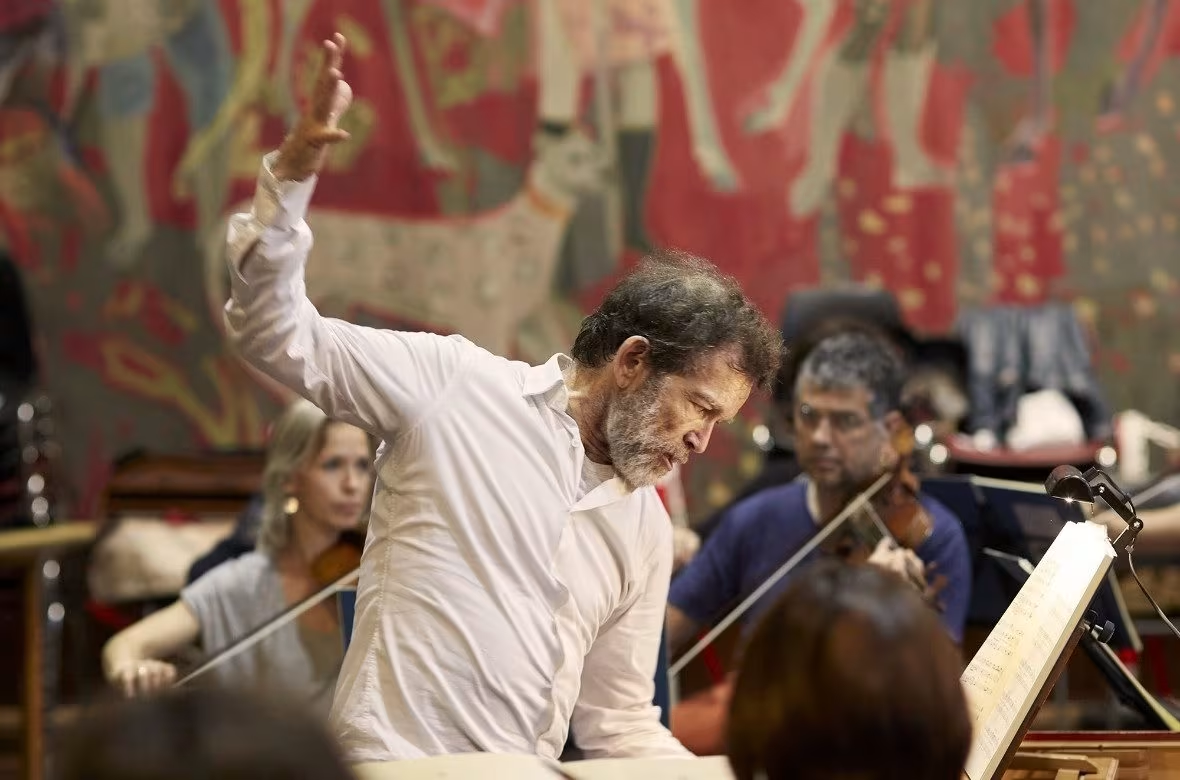
Rousset’s passage into conducting, not only keyboard playing, began relatively early in his career. ‘A few musicians said “you will conduct”, including Chris Hogwood. I started as the assistant to William Christie, taking on the things he couldn't do with Les Arts Florissants, when I was 30, in 1991. Then my first chance came at the Opéra Comique. It was the same year I founded Les Talens Lyriques. Originally I imagined it would be for smaller forms. I didn’t expect to do opera, but proposals came – beginning with Handel’s Scipione for the Beaune Festival in Burgundy. Then there was a big Farinelli film project. Poppea in Amsterdam came three years later and I’ve never stopped. I always had a taste for singers. I would have liked to be one myself, but I have come to sing through their voices.’ The soundtrack of Farinelli that Rousset casually mentions went on to sell over a million copies.
One of the famous scenes from Gérard Corbiau's Oscar-nominated and Golden Globe-winning film, Farinelli (1994), the soundtrack to which is curated and directed Christophe Rousset and performed by his ensemble, Les Talens Lyriques
Rousset has never abandoned his solo and chamber playing – last year, he released a recording of the complete harpsichord music of Couperin – ‘but I like to go in various directions. The 20th century is not really my cup of tea and I've never been part of the Renaissance scene. I am a Baroque harpsichordist still.’ His sense of period has expanded nonetheless. ‘I thought 1800 was my limit but then was asked to do Cherubini’s Medée at La Monnaie in Brussels. Now I have made three recordings with Veronique Gens of early Romantic works, and with Michael Spyres I have gone as far as Wagner.’
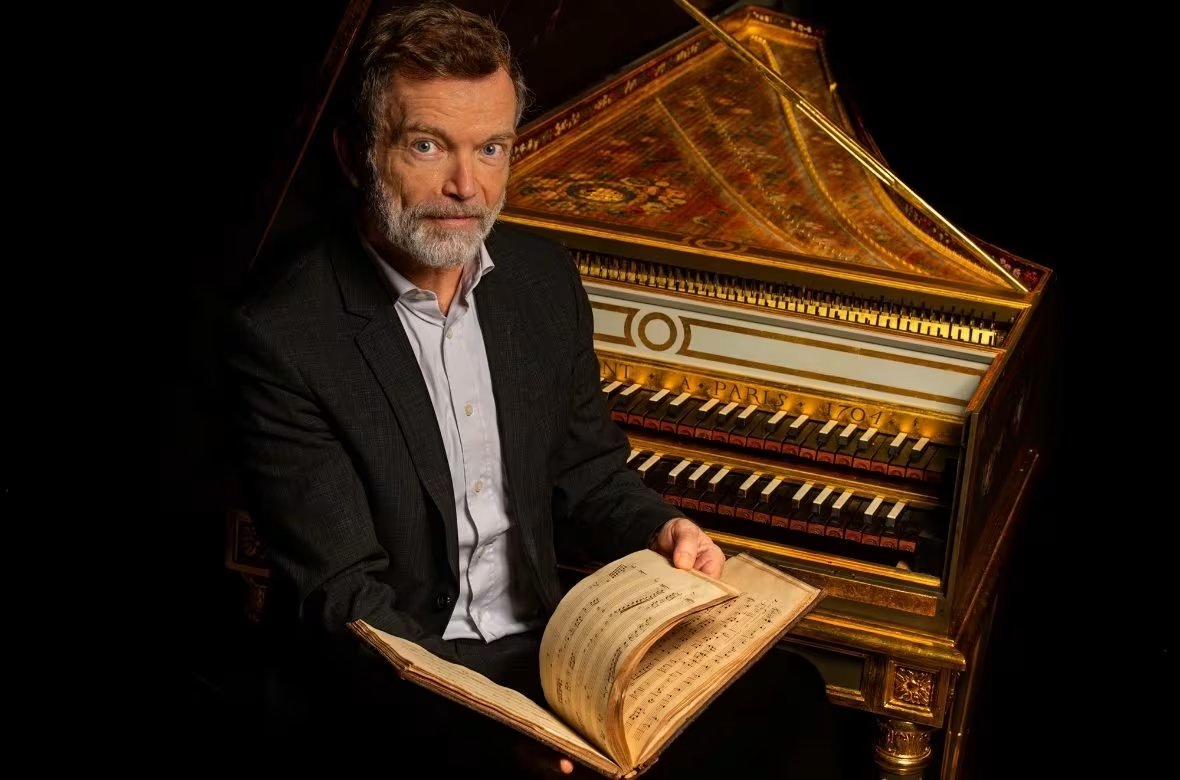
For all his pleasure in exploring unusual repertoire, Rousset has determined views about how early music should sound. ‘There is a new breed who have the feeling they have to impose extreme positions on the music. I trust myself and my own intuition. There is no need to force effects. I find it distracting to hear a fortepiano doing a “concerto” in a Mozart opera even if in the 18th century I am sure there were so many ways of performing. Some conductors pretend they know what was authentic, but it’s simply not true.’
Les Talens Lyriques' 2025-26 programme will see Christophe Rousset conducting in France, Luxembourg, Switzerland, Germany, Austria, Italy, Norway and the United States. In the UK, he will appear as conductor for the Monteverdi Choir and English Baroque Soloists in Handel’s Messiah at St Martin-in-the-Fields on 9 December 2025.
Share this
Keep reading
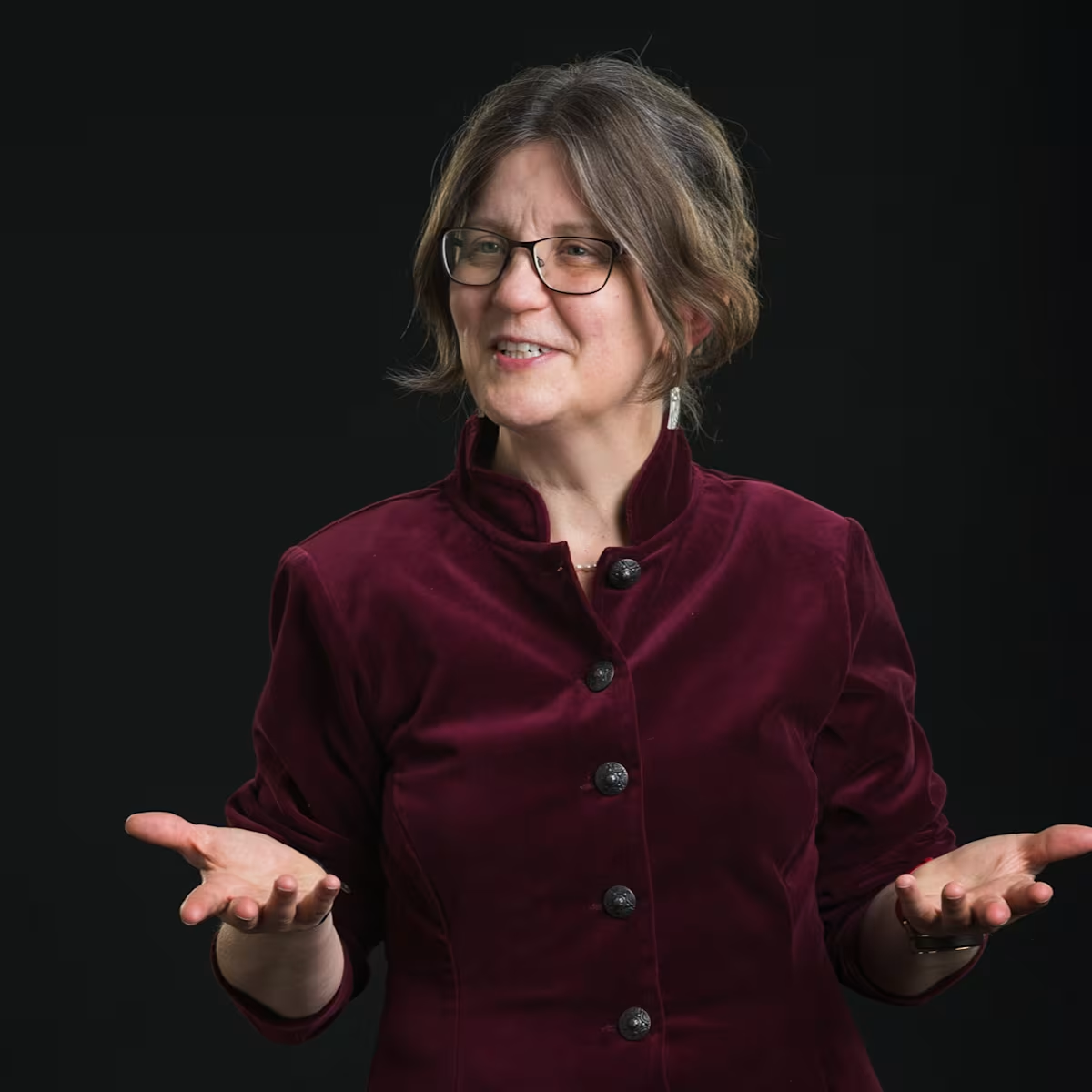
Voices from a manuscript
Laurie Stras explores how centuries-old scores in the Biffoli–Sostegni manuscript reveal the living sound and practices of nuns in a Florentine convent.
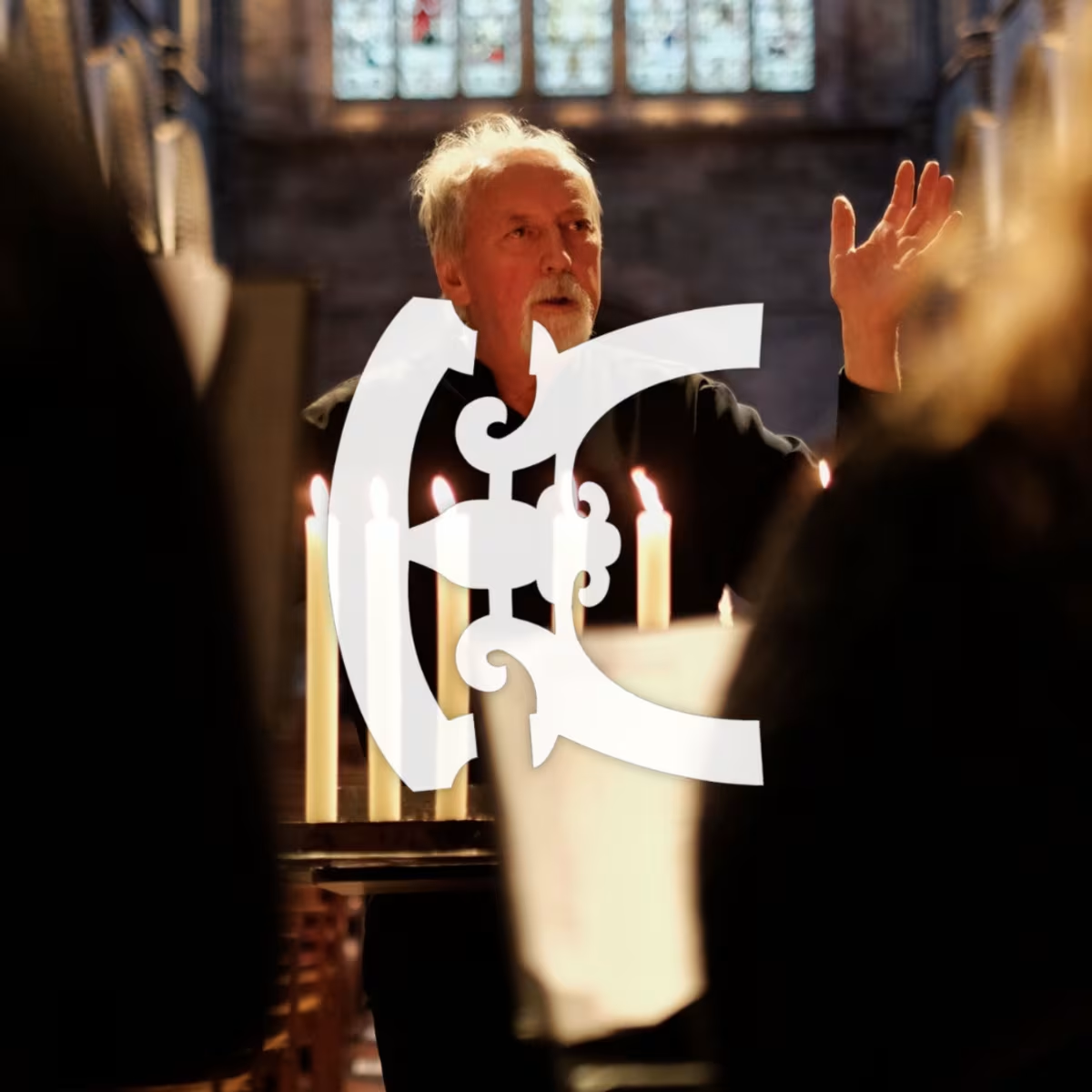
Jeffrey Skidmore: Playlist
In this playlist, Jeffrey Skidmore reflects on what Ex Cathedra have performed and recorded, as well as what continues to shape their musical identity.
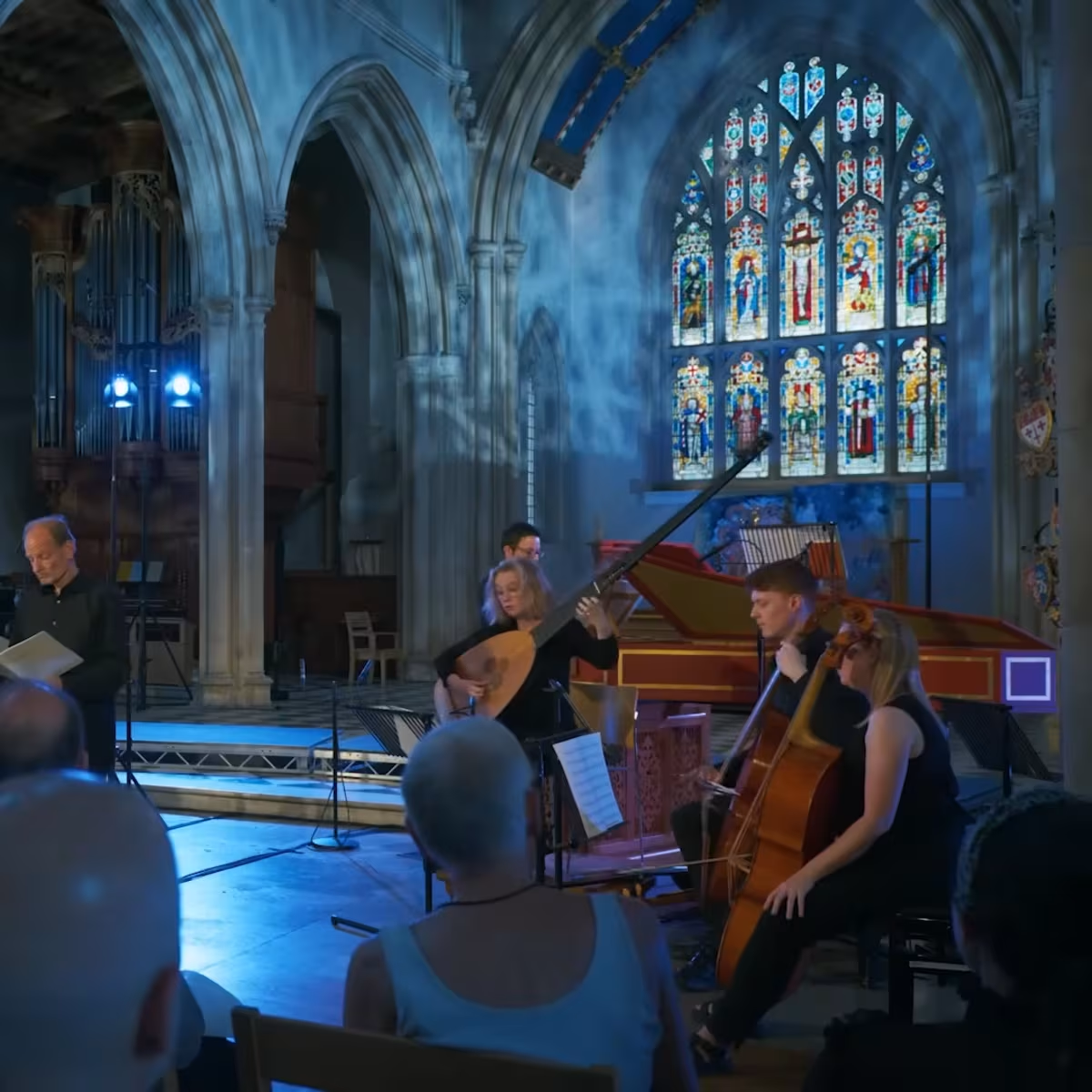
Spiritato with Elizabeth Kenny | Music to her Majestie: Odes for the last Stuart
On Queen Anne’s birthday, we share Spiritato and lutenist Elizabeth Kenny’s musical portrayal of the last Stuart and her lifelong patronage of the arts.




